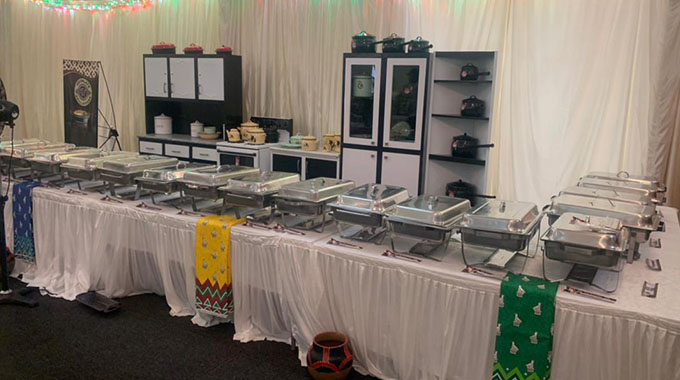How our diasporans are keeping in touch

Lenox Mhlanga
It is that time of the year to pardon the well-worn cliche when our relatives from the diaspora come to visit. The drama that accompanies such pilgrimages is worth sharing.
A friend of mine returned to visit last December. It had been 10 years since we had last seen the back of his head. It was clear he was so homesick because he knelt and kissed the tarmac at the airport, much like the Pope does.
A flood of emotions came over him, not just because of the sheer passage of time, but the reality that we were still alive. While time had sure taken its toll on the oldest of the reception party, the younger among us looked, well, healthy. He expected the worst.
Time never stands still. He discovered that so many of the people he knew back then, had passed on. It hit him like a truck. In fact, they say at home when a person you knew suddenly drops out of the social radar; the likelihood is that he or she has passed on.
As we took him around Bulawayo, he remarked at how the city had degenerated from the last time he was here. Yet, not as much as we made him believe. It also surprised him that the city seemed so much at peace, which was contrary to the image painted abroad or on online platforms. He noted, though, that people had shorter fuses.
His workmates back in the UK were constantly calling him to find out if he was still alive. The impression was that the moment he landed back home, there were people waiting at the airport to arrest and throw him in jail! Well, not if you had committed a crime before skipping the country. Phela, icala kaliboli.
This might sound farfetched to some, but that is exactly what some of our relatives overseas, especially the gullible ones, believe to be true. Which leads to the assertion that distance makes the mind grow foggier?
Why are some of our folk in the diaspora so out of touch with what is happening back home? Is it they believe what we feed them for lack of more reliable sources of information? The field for fake news is a very fertile one.
We have discovered that contrary to popular belief, not so many have access to online sources. They rely on the precious few minutes on the phone with relatives who would pick what to tell them. It tempts them to paint a picture of desperation for obvious reasons.
Those valuable pounds and dollars keep coming through Western Union to keep body and soul together and a very fertile grapevine or pavement radio through a system of gossip feed our own fake news network.
Social media and cheaper ways of face-to-face communication like Skype and WhatsApp video fill that gap. They can access the new radio stations, both local and foreign online.
The opportunity for those in the diaspora to get the correct picture is immense. This is the age of fact-checking. Getting it right is now a matter of choice and exposure.
This is also the age of citizen journalism. Anyone with a smartphone can relay news at the speed of light.
Facebook has a live option that can enable anyone and their grandmother to relay events on demand. Media as we know it has been well and disrupted.
Getting the correct information is a matter of choice. It all depends on one’s intentions. There are those who would justify why they would like to remain overseas. Then there are those who, despite all the bad, see a bright future back home. They use any opportunity to visit and recharge their batteries. It’s expensive yes, but my friend says that coming home allowed him to readjust his compass.
The most difficult part for him is watching his kids grow up in a ‘foreign’ country. They will be strangers when he brings them to the country of his birth. But he will bring them anyway to the place of their roots. Even if it means dragging them here, kicking and screaming.
Take it from me, they will love it. Kusekhaya lapha, even if they struggle with the language. There is something inside that assures them they belong. When they go back to the ‘brighter lights,’ they will never be the same.












Comments